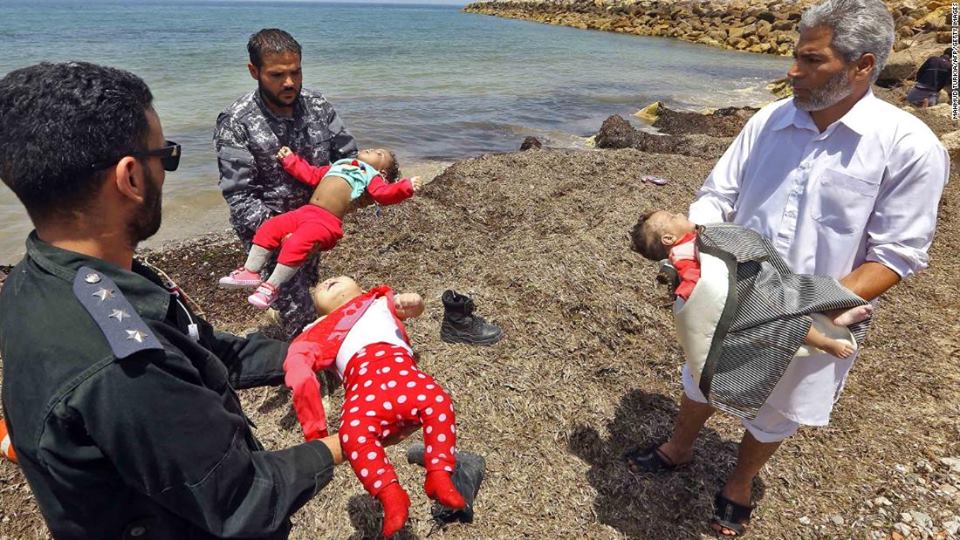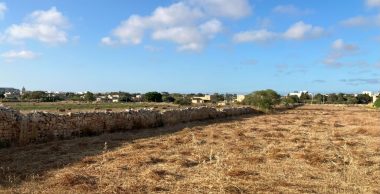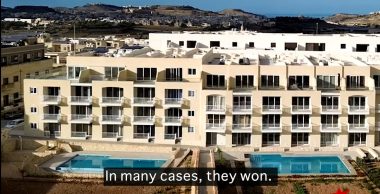We are gravely concerned by the Government’s decision to close Malta’s ports to NGO rescue ships. The consequences of this measure are potentially fatal, as the vessels will no longer be able to continue saving lives in the Mediterranean Sea.
Although supposedly aimed at ensuring respect for the law, this action directly undermines the protection of human life at Europe’s borders, making them even more dangerous for refugees and asylum seekers.
The irregular migration sea route from Libya to Italy, which has always been the most lethal route for irregular entry into Europe, is becoming increasingly perilous. According to a 2017 UNHCR report, the death rate amongst those crossing from Libya increased to 1 for every 14 people in the first three months of 2018, compared to 1 for every 29 people in the same period in 2017. In 2017, the Central Mediterranean route accounted for 2853 out of 3139 deaths in the Mediterranean, while in 2018 it accounted for 635 out of 972.
NGOs saved thousands of lives in the Mediterranean between 2015 and 2018 – in 2016 they were the most important single Search and Rescue (SAR) actor, accounting for 26% of all rescues. They filled a huge gap in state search and rescue operations in the Mediterranean after Italy scaled back its Mare Nostrum operation in late 2014.
One of the inevitable consequences of the decision to close Malta’s ports to these vessels will be that more people will lose their lives attempting to reach a place of safety. This especially since EU states do not seem to have any plans to increase their search and rescue capacity in the Mediterranean, but intend to rely instead on the Libyan coastguard to conduct rescues.
The deaths of 100 migrants in the seas off Libya yesterday, after a Spanish NGO vessel was told that the Libyan coastguard was taking care of the rescue, highlights the deadly consequences of refusing to collaborate with NGOs and limiting their capacity to operate effectively. Moreover, seen in the light of recent government statements stressing the need to allow the Libyan coastguard to operate without obstruction, the actions being taken against NGOs conducting search and rescue look like little more than a thinly veiled attempt to block refugees and migrants from leaving Libya.
It is impossible not to question the morality and humanity of a decision that will effectively trap people in an abusive situation, where their safety is anything but guaranteed. It is a well-documented fact that migrants in Libya routinely experience severe violations of their rights including rape, slavery, torture, ill-treatment, extortion and detention in miserable conditions. Not only, it is completely impossible for them to apply for protection there.
While it is no doubt important to secure our national borders, this can not, and should never be, at the cost of the life or safety of others, especially vulnerable people seeking refuge.
We therefore call on the government of Malta to urgently reconsider its decision and to allow NGO rescue vessels to continue to operate from Malta ports.
We also urge the government to support NGO rescue efforts not just by allowing them to use our port facilities but also by allowing rescued migrants to disembark in Malta pending a final decision on which countries will take them.
———————————————-
aditus Foundation, Eritrean Community, Foundation for Shelter and Support to Migrants, Graffiti, IAFR, Integra Foundation, JRS Malta, Justice and Peace Commission of the Archdiocese of Malta, Kopin, Libico, Malta Emigrants’ Commission, Migrant Women Association Malta, PFC, PHROM, Solidarity with Migrants Group, SOS Malta, Spark 15




